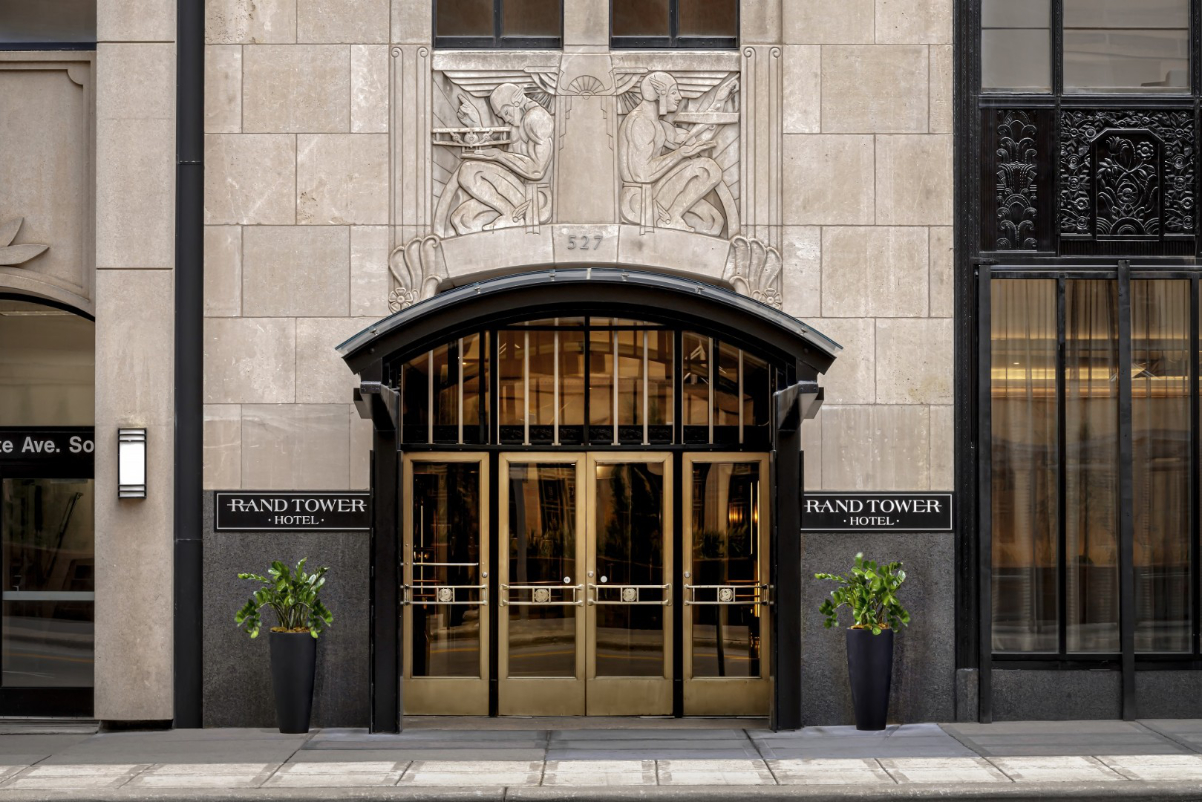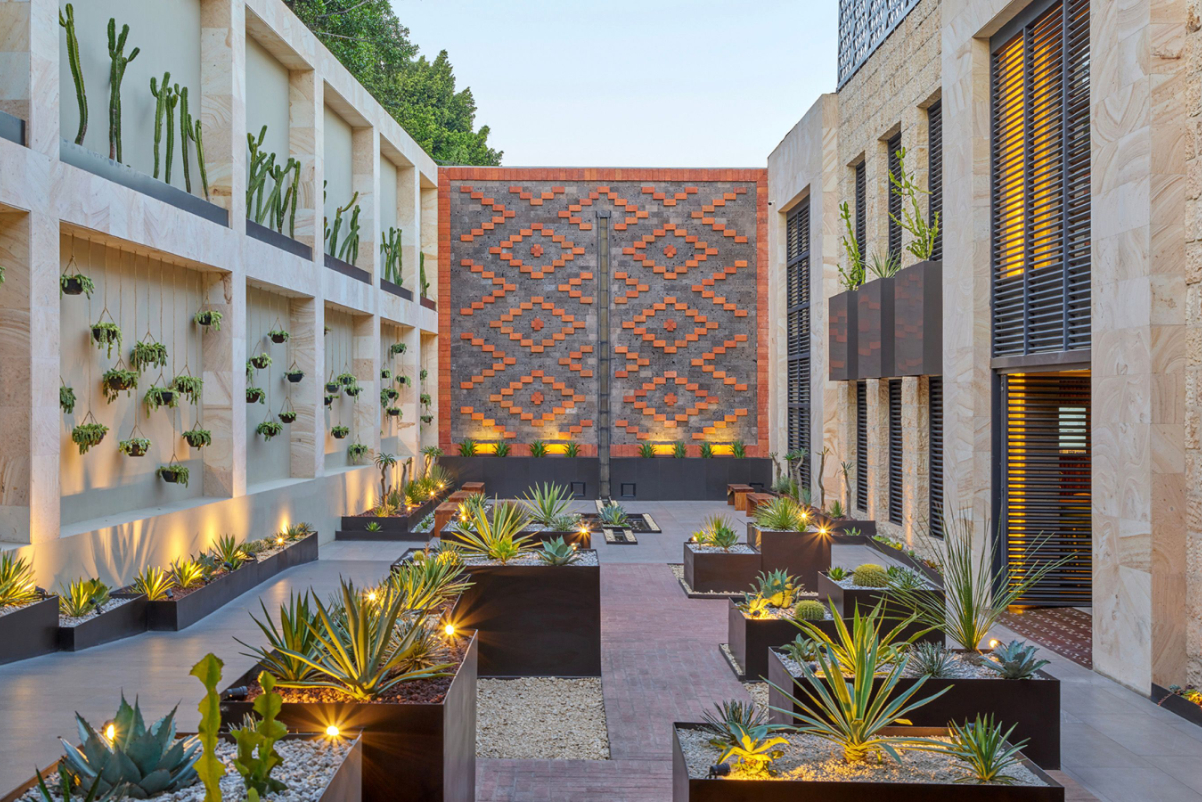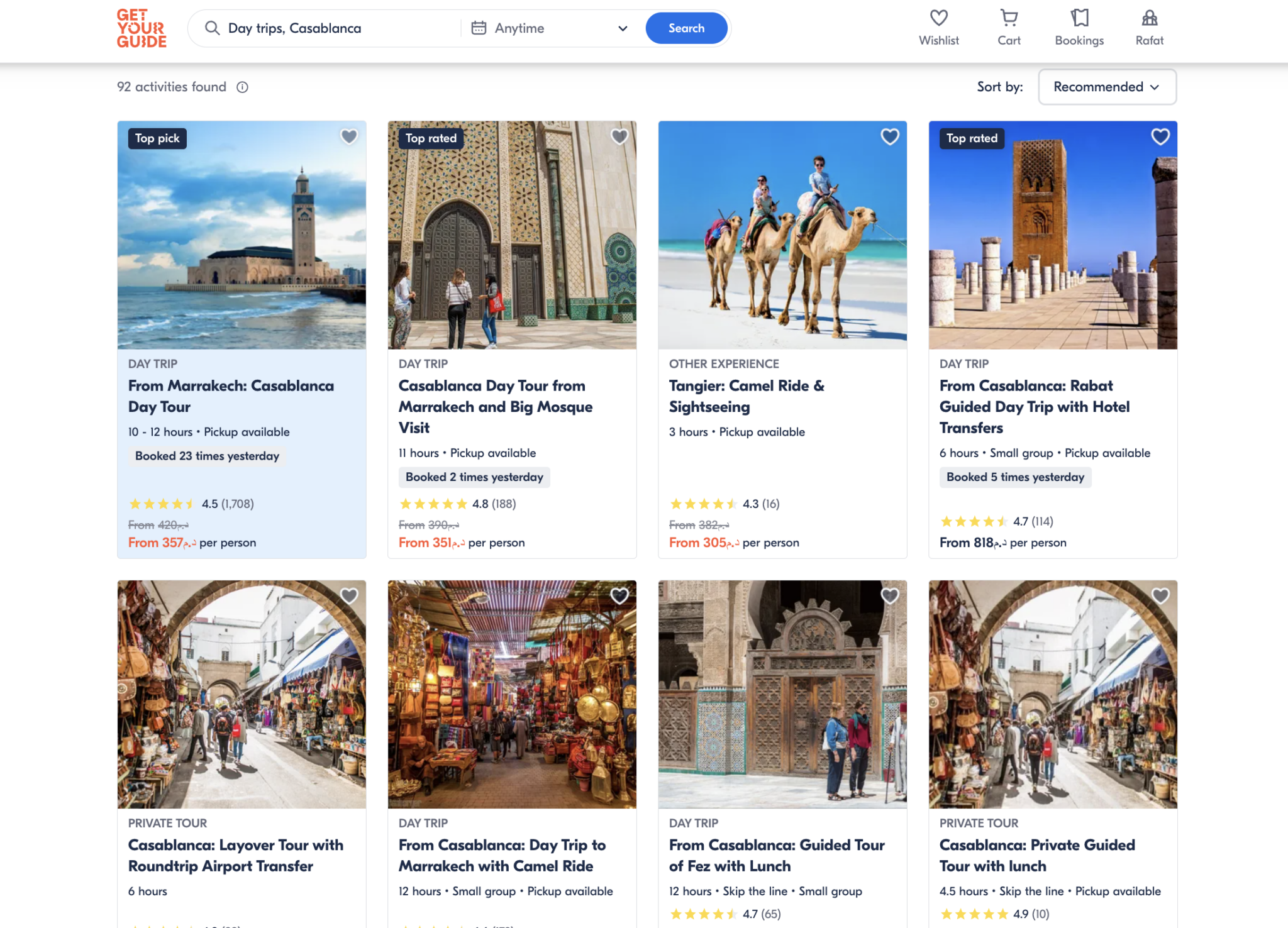New Boutique Hotel Looks to Amplify the Vibe of Montgomery, Alabama
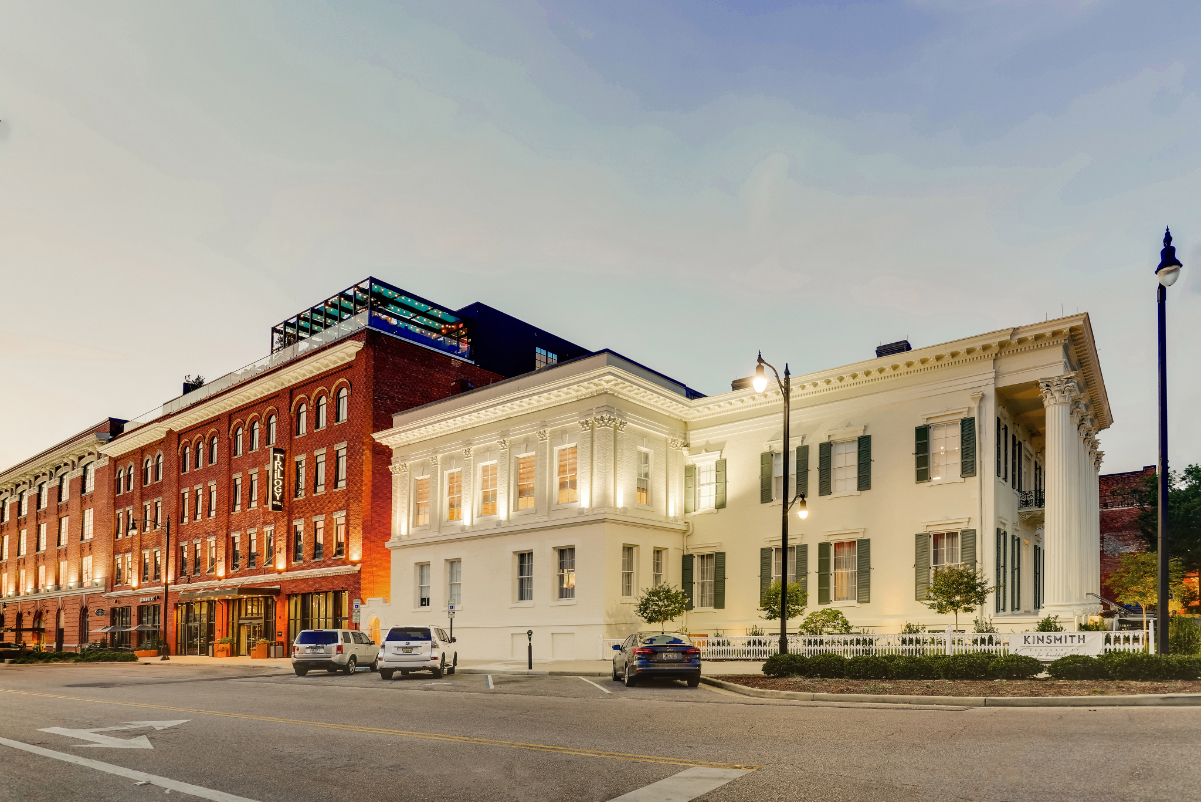
Skift Take
When Trilogy Hotel Montgomery, Autograph Collection, opened this spring in Montgomery, Alabama, it claimed to be the city’s first boutique hotel. The property is attempting to cater to what local tourism officials call “purposeful travel,” suggesting an approach that might inspire hoteliers in other small cities with similarly rich histories.
The new hotel — part of the Marriott soft-branded Autograph Collection of boutique-style hotels — may be boosted by a rising wave of visitation to the state’s capital. The number of international travelers to Montgomery in the first half of 2023 was already about twice as much as during all of last year, according to Americantours International, one of the country’s top tour operators for foreign travelers.
“We’re seeing large corporations interested in coming here,” said Ron Simmons, the chief officer of destination and community development at Experience Montgomery. “Some destinations have to get creative when telling a story. Montgomery has one when it comes to social justice, innovation, diversity, equity, and inclusion.’”
Trilogy Hotel Montgomery sees itself as an additional new gateway for tourists seeking the city’s historical attractions, such as its Legacy Museum, the National Memorial for Peace and Justice, and the Civil Rights Memorial and exhibition center. The Rosa Parks Museum and the Freedom Rides Museum together tell the story of Montgomery’s mid-1950s bus boycott that eventually prompted an end to segregation on public transit.
Trilogy Hotel Montgomery’s name refers partly to how it’s made of three separate restored buildings. The name is also partly homage to the region’s Native Americans, white immigrants, and African Americans.
One building is a Greek revival mansion dating from 1851 that belonged to a cotton and slave merchant. At the front, guests see a hand-stitched comforter from a longtime Montgomery resident, a crafter who’s a woman of color.
The hotel strives to create “a sense of place” for guests, echoing and reflecting the local area’s past and present.
The aesthetic objective may sync with an undercurrent of tourism interest in what some call “purposeful travel,” or “responsible travel.”
“Tourism is a lot different than pre-pandemic,” Marks said. “People don’t just want to travel to a destination to look at museums of artifacts. They want experiences and world-renowned museums of consciousness.”
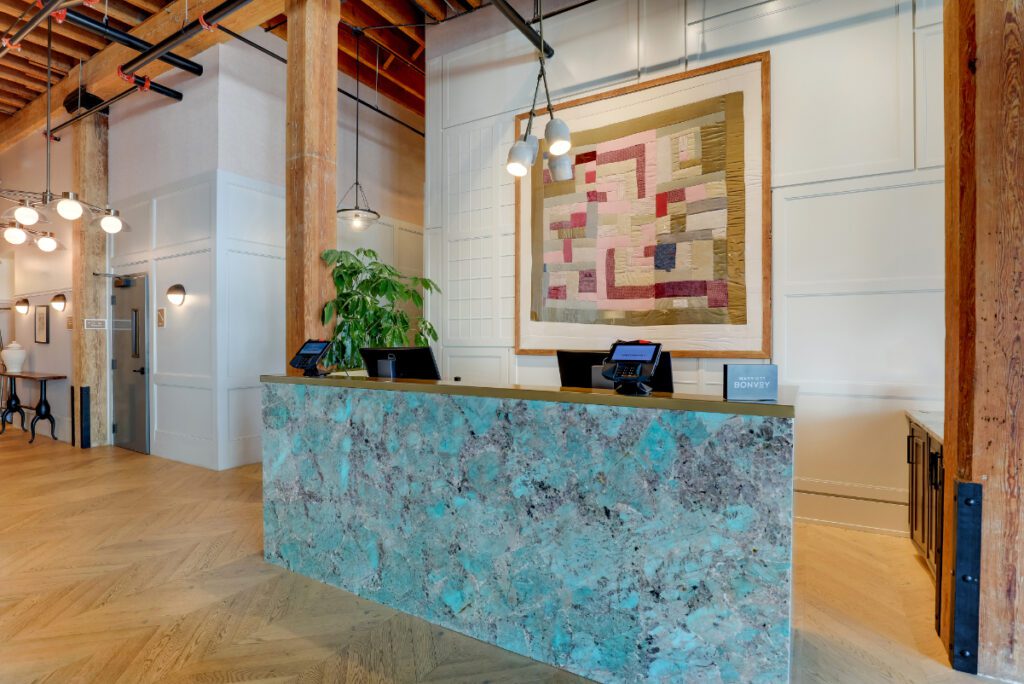
Using Food and Art to Reflect Stories
The hotel’s restaurant, Kinsmith, claims that its menu offers modern interpretations of “Southern hospitality and authenticity.” A crawfish Caesar salad, for instance, features cornbread croutons, jerk-spiced pork belly, and hushpuppies with black-eyed peas.
The restaurant’s chandeliers, woodwork, and fireplaces strive to invoke a classical Southern ambiance.
Scattered across the hotel’s three buildings are pieces of artwork — sculpture, prints, paintings, and photos —that echo key moments in Montgomery’s history. One artwork is of a jazz trumpeter.
Another artwork is of schoolgirls in jumpers, reminiscent of the era of civil rights activist Ruby Bridges.
“I took a meeting at the hotel last week because it has a vibe I can’t find elsewhere in town,” said Mark Daubar, a real estate executive and photographer who has lived in Montgomery for decades.

Educating Staff
Montgomery’s story is also part of the hotel’s narrative. To tell that, Marks said his team trained Trilogy staff to portray some challenging aspects sensitively and comprehensively.
“We held several sessions with our team to take them through the details of what the hotel represents, the experience we want guests to have,” he said. “We’re not expecting them to memorize everything, but as they’re interacting with guests to share what resonates with them. If anything, we’ve been more outgoing or aggressive than holding back in regards to [Montgomery’s history].”
Another conscious decision behind fostering a culture at Trilogy is Ascent’s commitment to hiring diversely, Marks said.
“This has been an ongoing commitment for our company for years and is reflected throughout our hotels,” Marks said. “In terms of the current environment that we’re in, we have to work harder to get across that we’re not just dipping our toes in the water. It’s about providing training, resources, and the support to succeed … [so that] everyone can grow with us.”
Skift’s in-depth reporting on climate issues is made possible through the financial support of Intrepid Travel. This backing allows Skift to bring you high-quality journalism on one of the most important topics facing our planet today. Intrepid is not involved in any decisions made by Skift’s editorial team.


